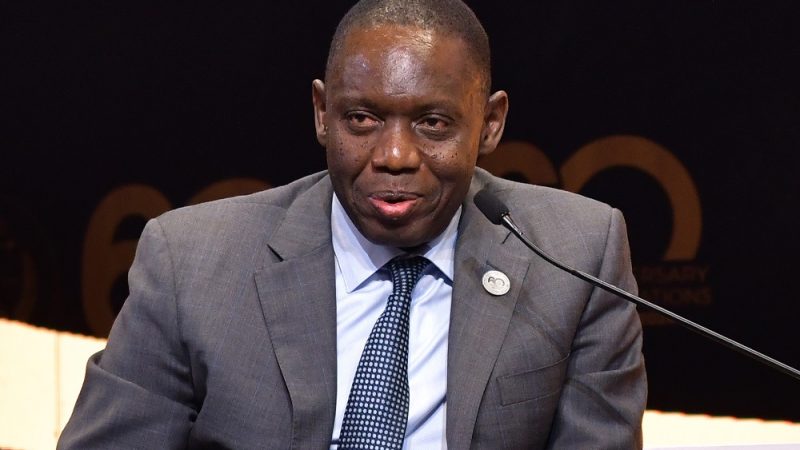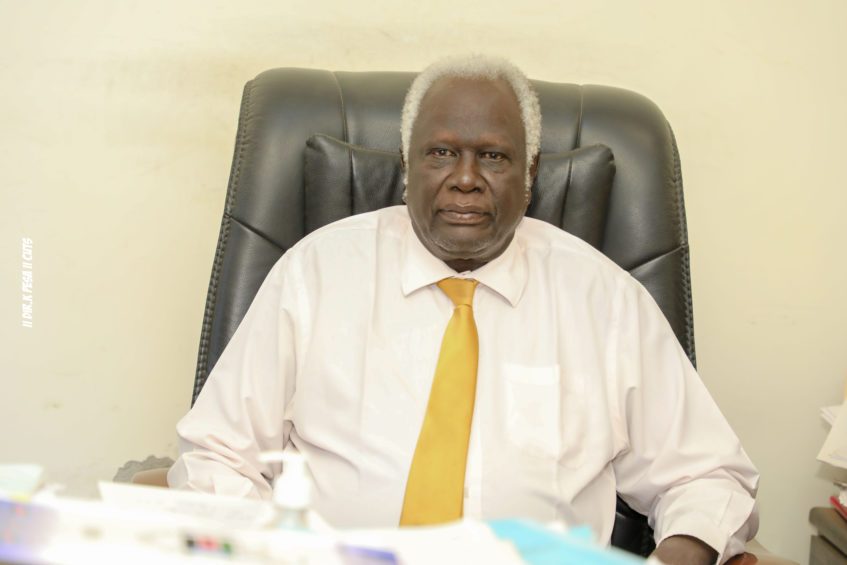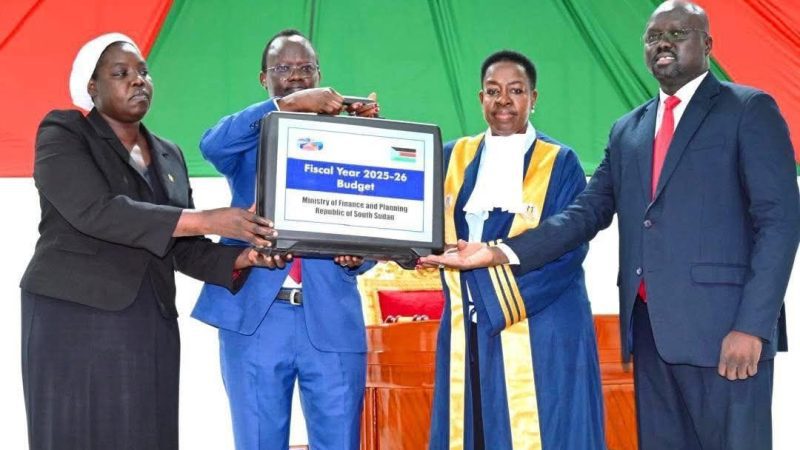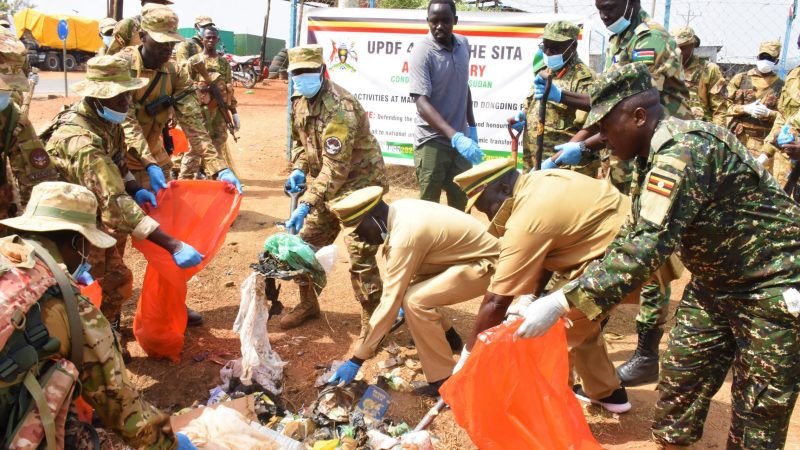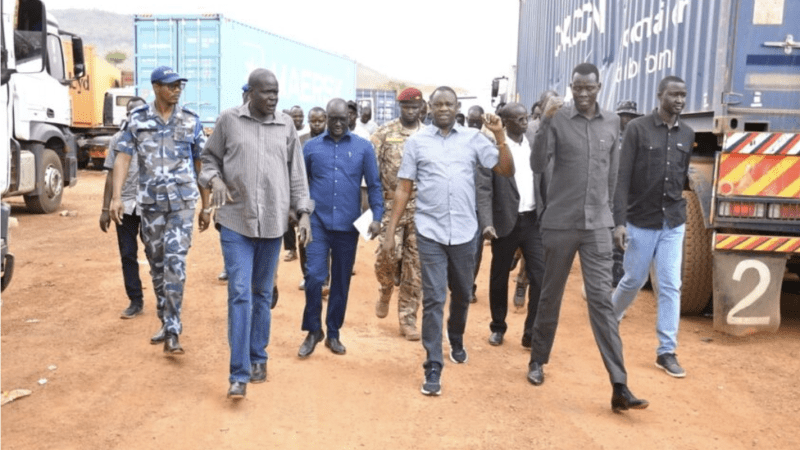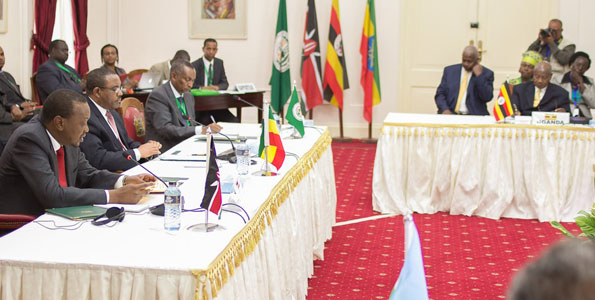The Intergovernmental Authority on Development (IGAD), an East African regional bloc that brokered the South Sudan’s peace pact, has urged the warring parties to respect the ceasefire agreements and report violations to the Ceasefire Transitional Monitoring Mechanism (CTSAMM).
The IGAD council of ministers, in a communiqué of its 61st session on the situation in South Sudan, said it recognizes the significant progress made by the parties during the last sessions of the High-Level Revitalization Forum (HLRF), particularly on governance and security issues and, endorses the reconvening of phase II to continue in Addis Ababa, Ethiopia, from 26-30 April 2018.
It, however, expressed “extreme” concern on the report submitted by CTSAMM on flagrant violations of the ceasefire agreement by South Sudan government troops in Nassir area on 12 February, 2018.
The IGAD council, according to the communiqué, “Decides in line with the Council’s Communiqué of January 26, 2018 to take targeted sanctions against individual violators and refer to the AU Peace and Security Council for appropriate punitive measures”.
It further urged South Sudan’s coalition government and armed opposition faction (SPLM-IO) to investigate and hold criminally accountable all those found to be responsible and submit to the chair of the IGAD Council a report to this effect within 30 days.
The chairperson of the African Union (AU), Moussa Faki had previously warned that AU sanctions would apply to individuals blocking the peace process in the war-torn East African country.
On Friday, the United Nations extended the life of a special Commission on Human Rights that is probing crimes in South Sudan for a year. The move came a week after the UN Security Council renewed the mandate of peacekeepers operating in South Sudan.
While renewing the UN mandate, the Security Council expressed concerns about the delay in setting up a hybrid court for South Sudan and threatened to impose an arms embargo on the country.
These actions, analysts say, reflect the mounting frustration at the world body and in the region at large over the complete failure of South Sudanese leaders to end their abuse of civilians in the country.
South Sudan has been mired in conflict between force loyal to President Salva Kiir and rebels led by Machar since December 2013. The conflict has killed tens of thousands and displaced almost over 2 million people from their homes, including over a million refugees who fled to neighbouring nations.


